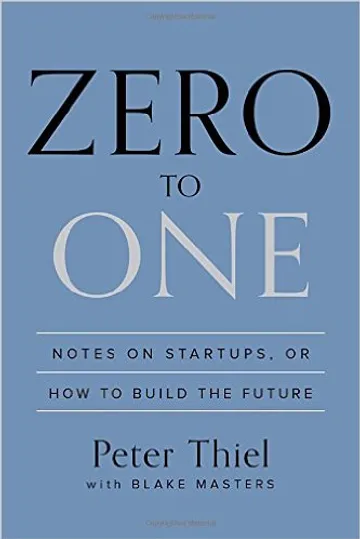Don't see an advisor you admire? Let's add him to the database! - Request
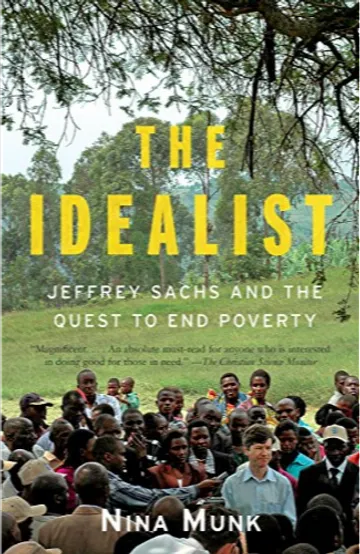
The Idealist: Jeffrey Sachs and the Quest to End Poverty

Nina Munk
September 10, 2013
Categories:Non-Fiction
Add missing Endorsement Rendors (5)
2
TIME 100: Most Influential People
1
Forbes World's Most Powerful People
1
Fortune 500 CEO
1
Thinkers 50

Founder/Microsoft
Fortune 500 CEO
Forbes World's Most Powerful People
TIME 100: Most Influential People

_(cropped).jpg.webp)

Subscribe to Blog and Updates:
Popular advisors
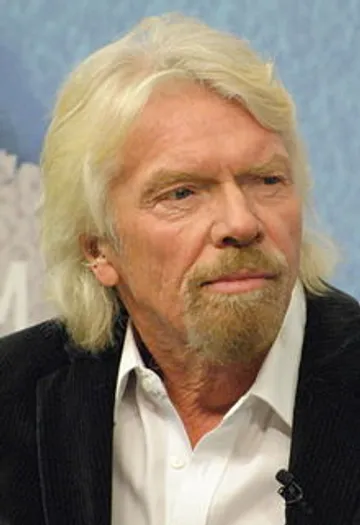
Richard Branson
Rendors given:
55

Robert Iger
Rendors given:
7

Doug McMillon
Rendors given:
30
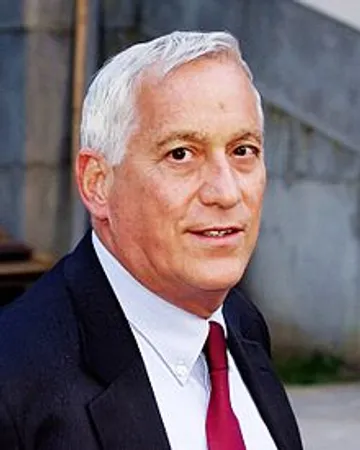
Walter Isaacson
Rendors given:
88

Eric Schmidt
Rendors given:
32
Popular books
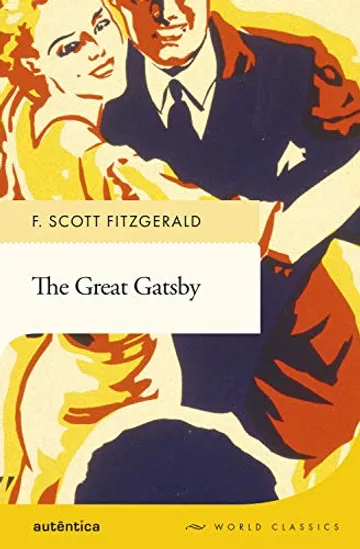
The Great Gatsby
Rendors:
29

Ulysses
Rendors:
18
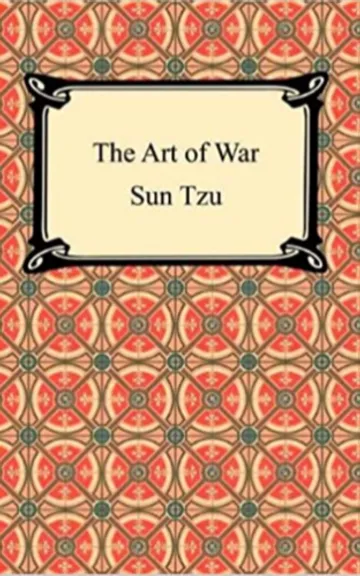
The Art of War
Rendors:
18
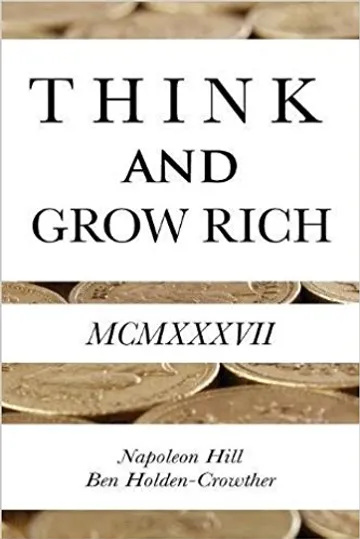
Think and Grow Rich
Rendors:
16


